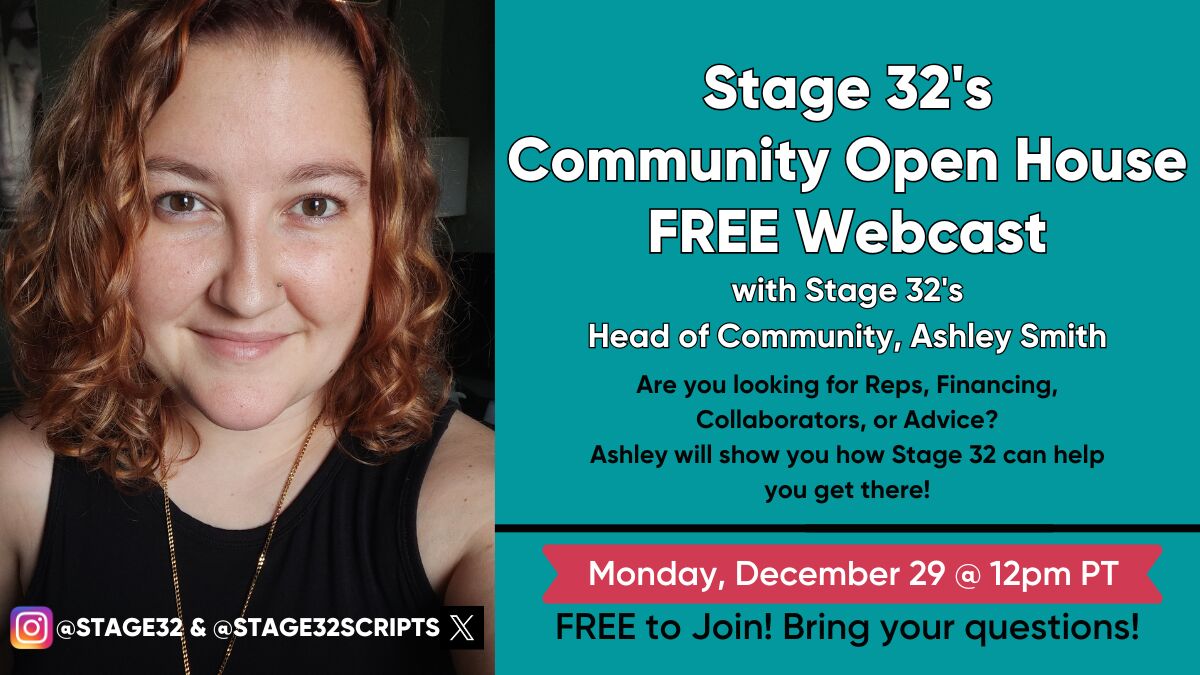I've been asked by screenwriters how to become a paid script reader, so I figured I'd make a post about how I became one. I was a paid script reader for years, but I got too busy with spec scripts, ghostwriting jobs, etc. to keep doing it. I still read people's scripts and give notes when I have time, but I just do it as favors and when I exchange scripts with other writers.
I was a screenwriter for years before becoming a script reader, so I knew things like script structure, subplots, character arc, etc. I suggest knowing these things before you become a script reader.
I started as a script reader by giving free notes on spec scripts. This helped me get better at giving notes, and I used the notes as samples when I started doing paid jobs. NOTE: After you give free notes on scripts, make sure the writers are ok with you using the notes as samples. Some writers might not be ok with it.
Once I felt like I had enough experience giving notes, I searched for paid script reading jobs online. You can search places like Stage 32's Job Board (www.stage32.com/find-jobs). I also got paid script reading jobs by networking on social media, like here on Stage 32 (www.stage32.com/blog/tags/networking-41).
There might be other ways to become a script reader. And I've only read scripts for indie writers, producers, and directors. The process for becoming a script reader for studios and big companies might be different.
Hope this post helps you if you’re looking to become a paid script reader.




1 person likes this
Thanks for sharing, Maurice. You give great advice.
What realms, Mike Childress?
You're welcome, Alinser Hoyos. Thanks. I appreciate it.
"[REDACTED]" Haha, Mike Childress. You never know. Being a script reader might be a different experience.
1 person likes this
I've already learned so much from you Maurice Vaughan, and I have barely touched the surface.
2 people like this
I still have a lot to learn too, Debbie Elicksen. The great thing is you, me, and other writers have the resources on Stage 32 to use. I didn't have these resources when I started screenwriting. They would've really came in handy.
1 person likes this
I just had the notes samples when I became a paid script reader, Mike Childress. I'm sure it'd help you get clients if you've sold scripts, gotten assignments, etc.
2 people like this
Great feedback, and an excellent example of “thinking outside the box”, to develop your skills Maurice Vaughan
3 people like this
Thanks, Peter Bartels. Screenwriters should have the "think outside the box" mindset with everything in my opinion.
2 people like this
I wonder if you’ve found reviewing “script structure, subplots, and character arcs” is a best case scenario. Many amateur scripts I read are struggling just to be coherent :)
It's a bit of a struggle to read some amateur scripts, Mike Boas (I feel for the readers who read my amateur scripts!), but a lot of the scripts I read were by experienced writers, producers, and directors.
1 person likes this
Interesting stuff, Maurice Vaughan. Out of interest, are you applying any of the thinking from my book into your analysis, particularly when it comes to theme and structure?
3 people like this
I do, CJ Walley. I even put the link to your book in notes I send to writers.
2 people like this
Great stuff Maurice Vaughan - and I wholeheartedly agree with this statement: "Screenwriters should have the "think outside the box" mindset with everything in my opinion."
2 people like this
Thanks, Leonardo Ramirez 2. A lot of script requests and jobs I've gotten were because I thought outside the box, like coming up with catchy email subject lines and social media posts.
2 people like this
Oh man, that's so good of you, Maurice Vaughan. I really appreciate it.
2 people like this
No problem, CJ Walley. Screenwriters will save a lot of time, money, and headaches reading your book. I've read screenwriting books that were confusing. Yours is easy to understand. That's one reason I like to share it with other writers.
2 people like this
I started by interning at agencies, production and development companies while at school. Read lots of pro scripts from writers you know and love, while learning what makes an appealing story for the big players at the studio level. Then eventually as a way to make side income, started offering my services online, and worked with a lot of talented writers over the years.